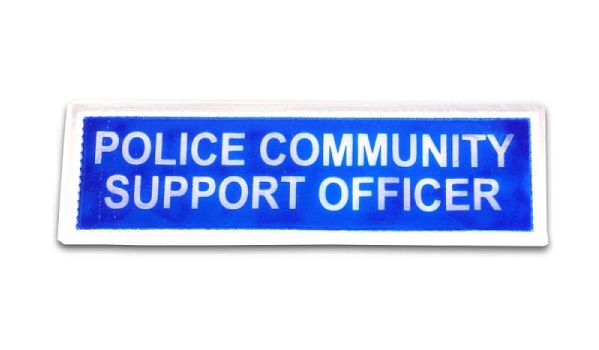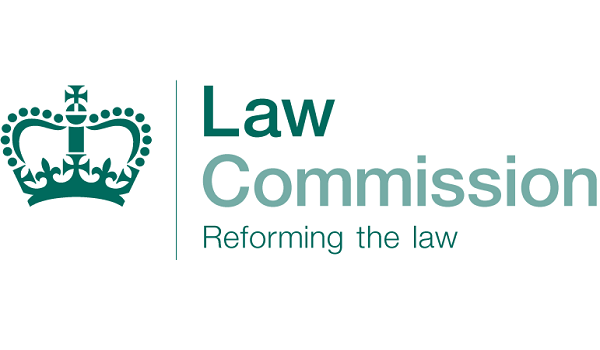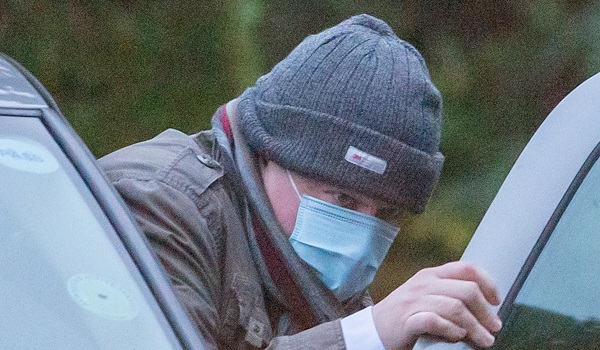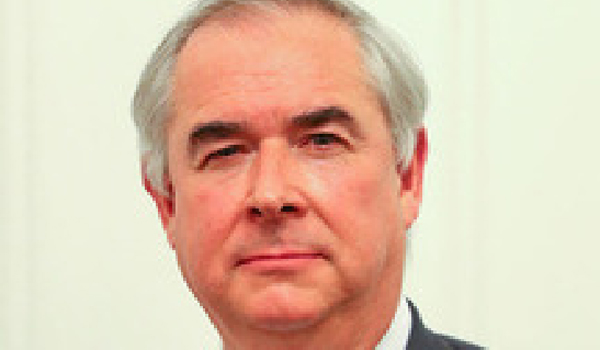Unprecedented response to consultation on ‘contentious’ Hate Crime Bill
Holyrood’s Justice Committee has received an “unprecedented” number of submissions to its call for views on the “contentious” Hate Crime and Public Order (Scotland) Bill.
And new committee Convener Professor Adam Tomkins MSP says the “strength of feeling” means it is vital that sufficient time is allowed for scrutiny.
The Scottish government says the new legislation is designed to give greater protection for victims of hate crime.
The draft legislation updates the list of characteristics protected under hate crime legislation and proposes the addition of age to this list – where there is a statutory aggravation for offences motivated by prejudice.
If passed by Parliament, the Bill would also provide for new ‘stirring up’ of hatred offences that would apply to all characteristics listed in the Bill: age, disability, race, religion, sexual orientation, transgender identity and variations in sex characteristics. Currently these offences apply only to stirring up racial hatred.
However, the Scottish Police Federation (SPF) is concerned that the hate crime legislation could lead to police officers determining free speech and undermining the legitimacy of the service.
The Justice Committee has just published the first of almost 2,000 written submissions as it sets out a timetable for parliamentary scrutiny of the Bill. First Minister Nicola Sturgeon has also committed to listen to concerns in her Programme for Government Statement.
The committee intends to start hearing oral evidence about the Bill from witnesses in late October, with a view to completing its Stage One report by December 18, 2020 – the deadline set by the Parliamentary Bureau.
Professor Tomkins said: “The number of submissions we have received is unprecedented and reflects that this Bill is contentious. Hundreds of individuals and organisations have written to us setting out their views on the offences that this Bill would both create and abolish.
“Given the importance of this legislation – and the strength of feeling it is generating – it is vital that sufficient time is allowed for scrutiny.
“Our committee has already agreed that it will revisit the deadline of December 18 should it become necessary.”
Scrutiny of the Hate Crime Bill will begin once the committee has concluded its consideration of the Defamation and Malicious Publications (Scotland) Bill, scrutiny of which continued this week.
The Hate Crime and Public Order Bill follows a review of hate crime legislation by Lord Bracadale. He is expected to be invited to give oral evidence as one of the initial witnesses.
Scottish Justice Secretary Humza Yousaf has described the new Bill as “an important milestone”.
“By creating robust laws for the justice system, Parliament will send a strong message to victims, perpetrators, communities and to wider society that offences motivated by prejudice will be treated seriously and will not be tolerated,” he said.
But Calum Steele, general secretary of the SPF, said: “We are firmly of the view this proposed legislation would see officers policing speech and would devastate the legitimacy of the police in the eyes of the public. That can never be an acceptable outcome – and we should never forget that the police in Scotland police only with the consent of the people.
“Police officers are all too aware that there are individuals in society who believe that to feel insulted or offended is a police matter. The Bill would move even further from policing and criminalising of deeds and acts to the potential policing of what people think or feel, as well as the criminalisation of what is said in private.”
He added: “We support and adopt the comments of Fred Mackintosh QC and others in relation to the removal of available defences which exist for the current hate crime offences. If the Bill as presented is passed, those accused of the new offences of stirring up hatred will not have the opportunity to prove that they did not intend to stir up hatred or that they had no reason to suspect their conduct would do so.
“We do not for one second suggest that prejudice, racism or discrimination are desirable qualities in our society, but the need to address those matters when they reach a criminal level is met by laws already in place and the cost to free speech of going further with this Bill is too high a price to pay for very little gain.”
In its submission to the call for views, the Law Society of Scotland warned that the lack of clarity in the Bill could threaten freedom of expression.
It also said there were “major flaws” that could prevent the Bill from achieving its stated goals.
The Law Society is concerned that ‘vagueness’ in the Bill and its policy intentions could result in a lack of certainty for the public in understanding what constituted criminal behaviour.
“This would also impact on solicitors, whether prosecuting or defending those accused of offences created in the Bill,” it added.
The Law Society has also expressed fears that the Bill presents a significant threat to freedom of expression, with the potential for what may be abusive or insulting to become criminalised. It says these terms are “highly subjective”, requiring judicial clarification on a case-by-case basis. It also believes that the Bill’s provisions for a new offence of ‘stirring up hatred’, set too low a standard as an offence can be committed if it is ‘likely’ to stir up hatred, adding that is not the threshold required for criminal law which depends on guilty intention.
Amanda Millar, president of the Law Society of Scotland, said: “We have significant reservations regarding a number of the Bill’s provisions and the lack of clarity, which could in effect lead to restrictions in freedom of expression, one of the foundations of a democratic society. We have real concerns that certain behaviour, views expressed, or even an actor’s performance, which might well be deemed insulting or offensive, could result in a criminal conviction under the terms of the Bill as currently drafted.”
While Lord Bracadale recommended that gender should be added to hate crime law, leading women’s organisations were strongly opposed to this approach. They proposed a standalone offence on misogynistic harassment be developed, which the Scottish government is committed to in principle. A working group will be established to take this forward and consider how the criminal justice system deals with misogyny, including whether there are gaps in the law that could be filled with a specific offence on misogynistic harassment.
The group will also consider whether a statutory aggravation and/or stirring up of hatred offences in relation to the characteristic of sex should be included within hate crime law. The Bill includes a power to allow the characteristic of sex to be added by regulations, at a future date, to the lists of characteristics to which the new hate crime legislation will apply.
Mr Yousaf said it was clear that more must be done to tackle misogyny and the Scottish government was committed in principle to developing a standalone offence, which would criminalise serious misogynistic harassment.







